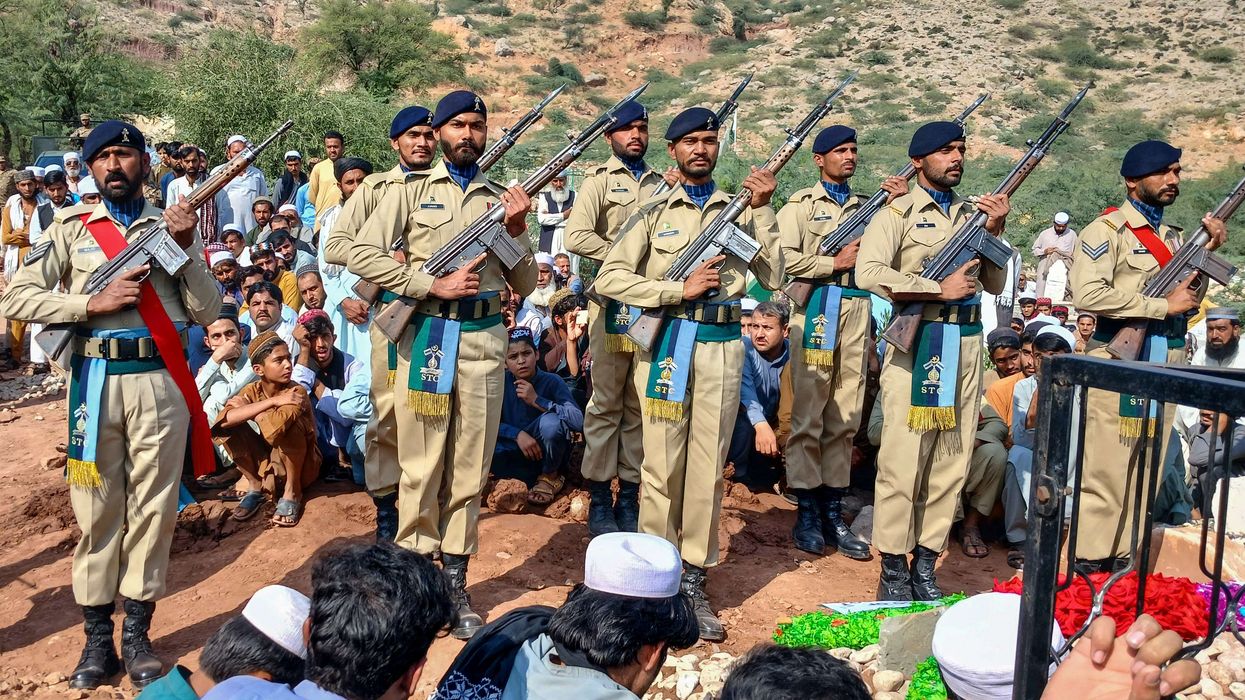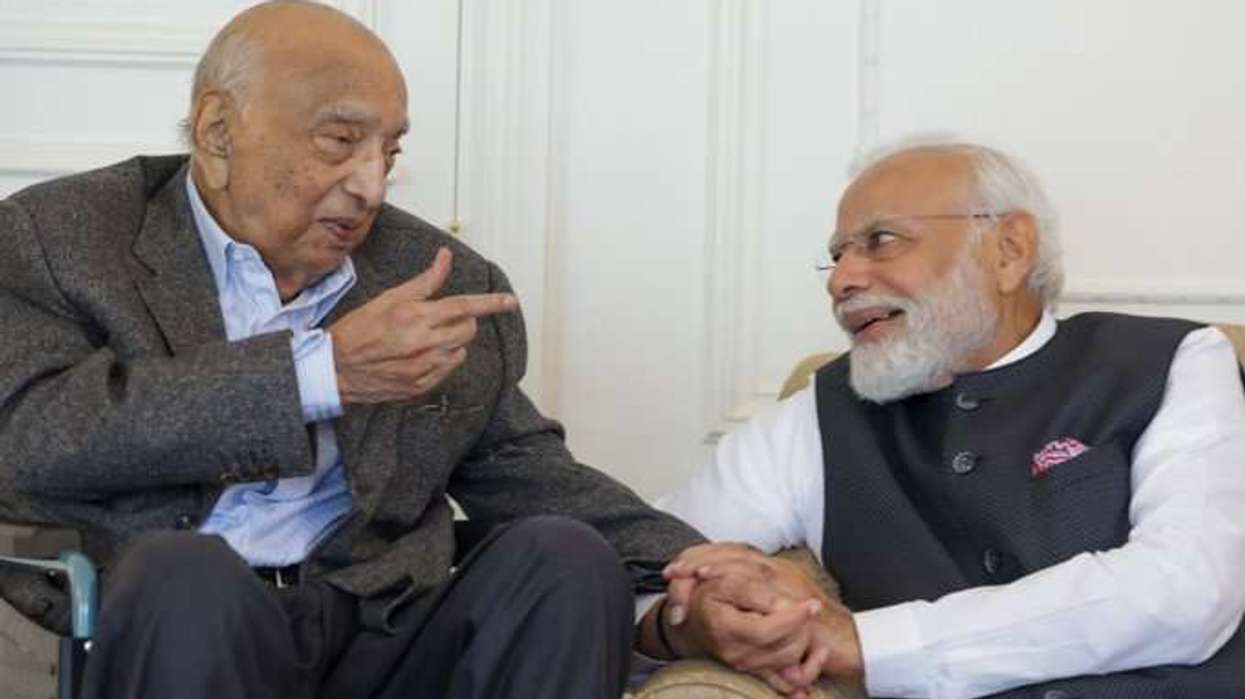A CEASEFIRE along the Afghanistan-Pakistan border was holding on Thursday, officials from both countries said, following cross-border clashes that left dozens of soldiers and civilians dead.
In Spin Boldak, a key area on the Afghan side, an AFP journalist reported that shops had reopened and residents had returned to their homes after fleeing the fighting.
The 48-hour ceasefire, set to expire on Friday evening, was meant to allow time to "find a positive solution... through constructive dialogue," according to Islamabad.
Pakistan Prime Minister Shehbaz Sharif said on Thursday evening that any extension of the truce would depend on Kabul’s response.
"If in 48 hours they want to resolve the issues and address our genuine demands, then we are ready for them," Sharif told his cabinet, reiterating that Pakistani Taliban militants should be eliminated and Afghan territory should not be used for attacks.
Pakistan has been facing renewed attacks against its security forces along the western border with Afghanistan, led by the Pakistani Taliban and affiliated groups.
Spin Boldak’s health director said 40 civilians were killed and 170 wounded on Wednesday. The UN mission in Afghanistan (UNAMA) reported at least 37 dead and 425 wounded across several affected provinces.
"Our houses were bombed, a child was wounded. I heard the plane myself," said Abdul Zahir, a 46-year-old resident. "It's terrifying."
An AFP journalist reported that hundreds of residents and Taliban officials attended the funeral of seven members of the same family in Spin Boldak.
Islamabad accuses Kabul of sheltering militants who launch attacks from Afghan soil, a claim the Taliban government denies.
Pakistani officials posted on both the northern and southern borders told AFP on Thursday that "no violence was reported overnight, and the ceasefire remains in effect."
A senior security official in Peshawar said, "Additional paramilitary troops have been deployed to counter potential... militant activity that could jeopardise the ceasefire."
Blasts were reported in Kabul before the truce was announced, as well as in Kandahar, where the Taliban’s top leader resides.
UN rights chief Volker Turk welcomed the truce and urged both sides to protect civilians and "commit to a lasting ceasefire."
‘Precision strikes’
The first explosions last week, which the Taliban blamed on Islamabad, occurred while Afghanistan’s top diplomat was on a visit to India, Pakistan’s longtime rival.
The Taliban authorities then launched a border offensive, prompting Islamabad to vow a strong response.
Exchanges of fire from Saturday killed dozens, and renewed clashes on Wednesday also led to civilian casualties, according to Kabul.
The Taliban government said Wednesday’s explosions in Kabul were caused by an oil tanker and a generator blast.
However, Pakistani security sources said the military carried out "precision strikes" in Kabul targeting an armed group, and also hit Afghan Taliban bases in Kandahar.
Power cuts were reported in parts of Kabul overnight and into Thursday morning after explosions damaged electricity cables, AFP journalists said.
Municipal workers were seen repairing damage in a Kabul neighbourhood where roads were blackened and apartment windows shattered.
At least five people were killed and 35 wounded in Wednesday’s explosions in Kabul, according to EMERGENCY, an Italian NGO that runs a hospital in the city.
"We started receiving ambulances filled with wounded people," said Dejan Panic, EMERGENCY’s country director.
The NGO said ten people were in critical condition with injuries including shrapnel wounds, blunt trauma, and burns.
(With inputs from agencies)




